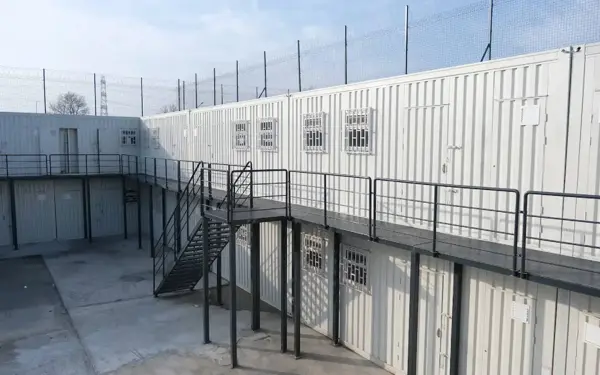Click to read the article in Turkish
Lawyers from the Media and Law Studies Association (MLSA) have taken the recent regulation, which has granted the Radio and Television Supreme Council (RTÜK) the authority to supervise Internet media, to the Council of State, Turkey's highest administrative court.
CLICK - Radio and Television Supreme Council Authorized to Inspect Online Broadcasts
CLICK - Regulation on Internet Broadcasting 'Biggest Step in Turkey's History of Censorship'
MLSA has asked the court to give a ruling of stay of execution and cancel the "Regulation on Radio, Television and Voluntary Online Broadcasts", which entered into force on August 1, 2019.
In its petition to court, the Association has underlined that the articles of the regulation contravene freedoms guaranteed under the Constitution and under the European Convention on Human Rights (ECHR).
'It violates both ECHR and Constitution'
Speaking about the issue, MLSA Co-Director lawyer Veysel Ok has said,
"The regulation is a violation of the Constitution and the ECHR. The language used in the text is vague, making it possible for it to be used for censorship and with ill-intention.
"The articles making it compulsory for obtaining a license and having to pay a fee for that also violates the Constitution. We asked for a stay of execution on the regulation and its cancelation.
"If the Council of State does not rule to cancel this regulation, it will have acted against the Constitution and the law. We will be using all legal means available to us to remove all obstacles in the way of freedom of expression."
Ankara Bar Association also lodged a petition
The petition has also highlighted that the phrase "communication between individuals", used in Article 4 of the regulation, is not clearly defined, which carries the risk of unlawful interference to personal communications.
On 6 August, the Ankara Bar Association also lodged a petition against the same regulation, challenging its Articles 2 and 4, which define what online publications will be placed under the watchful eye of the RTÜK.
In addition to these two, MLSA's application challenges Articles 7, 8 and 12 of the Regulation, which regulate licensing, permits and fees for obtaining these on the grounds that they are in violation of the right to freedom of expression, protected by the Constitution of Turkey. (HA/SD)





.jpg)
aswf.jpg)

aaa.jpg)
-132.jpg)




